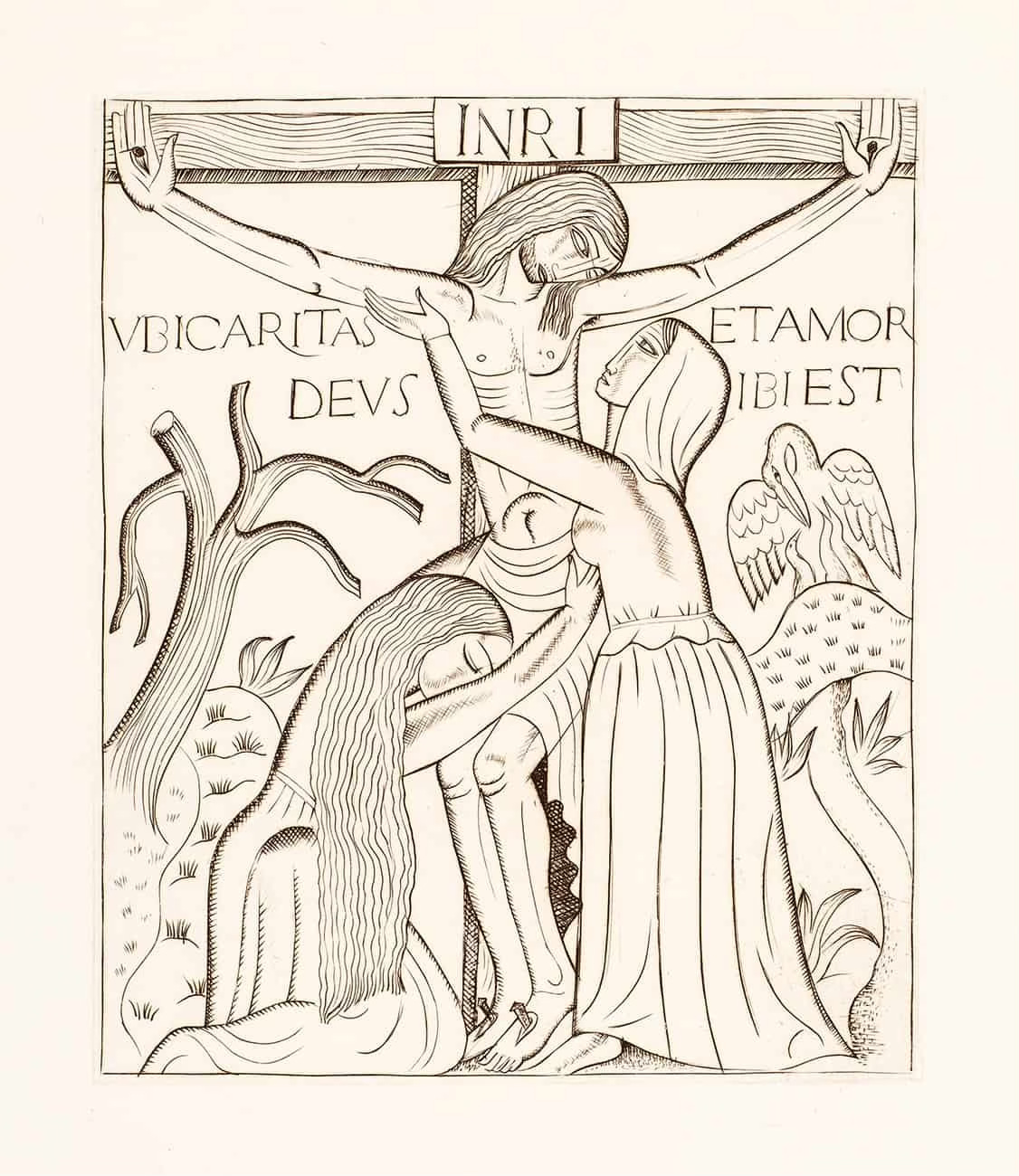Larva Dei
On Ezekiel and the Masks of God
Ezekiel 17
The Old Testament lectionary text for this Sunday comes from the prophet Ezekiel:
Thus says the Lord GOD: I myself will take a sprig from the lofty top of a cedar; I will set it out. I will break off a tender one from the topmost of its young twigs; I myself will plant it on a high and lofty mountain. On the mountain height of Israel I will plant it, in order that it may produce boughs and bear fruit, and become a noble cedar. Under it every kind of bird will live; in the shade of its branches will nest winged creatures of every kind. All the trees of the field shall know that I am the LORD. I bring low the high tree, I make high the low tree; I dry up the green tree and make the dry tree flourish. I the LORD have spoken; I will accomplish it.
17.22-24
With verse twenty-two, Robert Jenson notes, God sheds his typical reserve and, as an eagle, appears as the protagonist of a new parable of salvation. The Lord thus seizes the action of the prophetic drama, making himself the subject of the verb, “I myself will. . . .”
Every theology posits some construal of the relation between God himself and created carriers and representatives of the Lord’s action, like the eagle in the passage. Martin Luther called such historical agents of God’s work “masks” behind which God hides (larva dei).
In the lectionary passage, the Lord takes off the mask of earthly powers.
But what will happen when God removes his masks?
And when may we expect it?
What is the scope of the passage’s future tense?
The first thing to note is that the Lord does not say he will simply unmask himself. He will no longer hide behind Nebuchadnezzar and his like; nevertheless he will not appear as naked deity—which by biblical lights would no longer be deity—but as the eagle of the riddle.
If in this new masking he is nevertheless to act as himself, it must be that he and his mask will now be one, that he will himself be the eagle as which he masks himself.
Within Christian theology, it is the doctrine of the Trinity that asserts and accounts for this. The second person of God is another than the Father, indeed he is the man Jesus, who looks not at all like God.
The incarnation does not unmask God.
Rather it reveals him precisely by masking him absolutely.
Keep reading with a 7-day free trial
Subscribe to Tamed Cynic to keep reading this post and get 7 days of free access to the full post archives.


